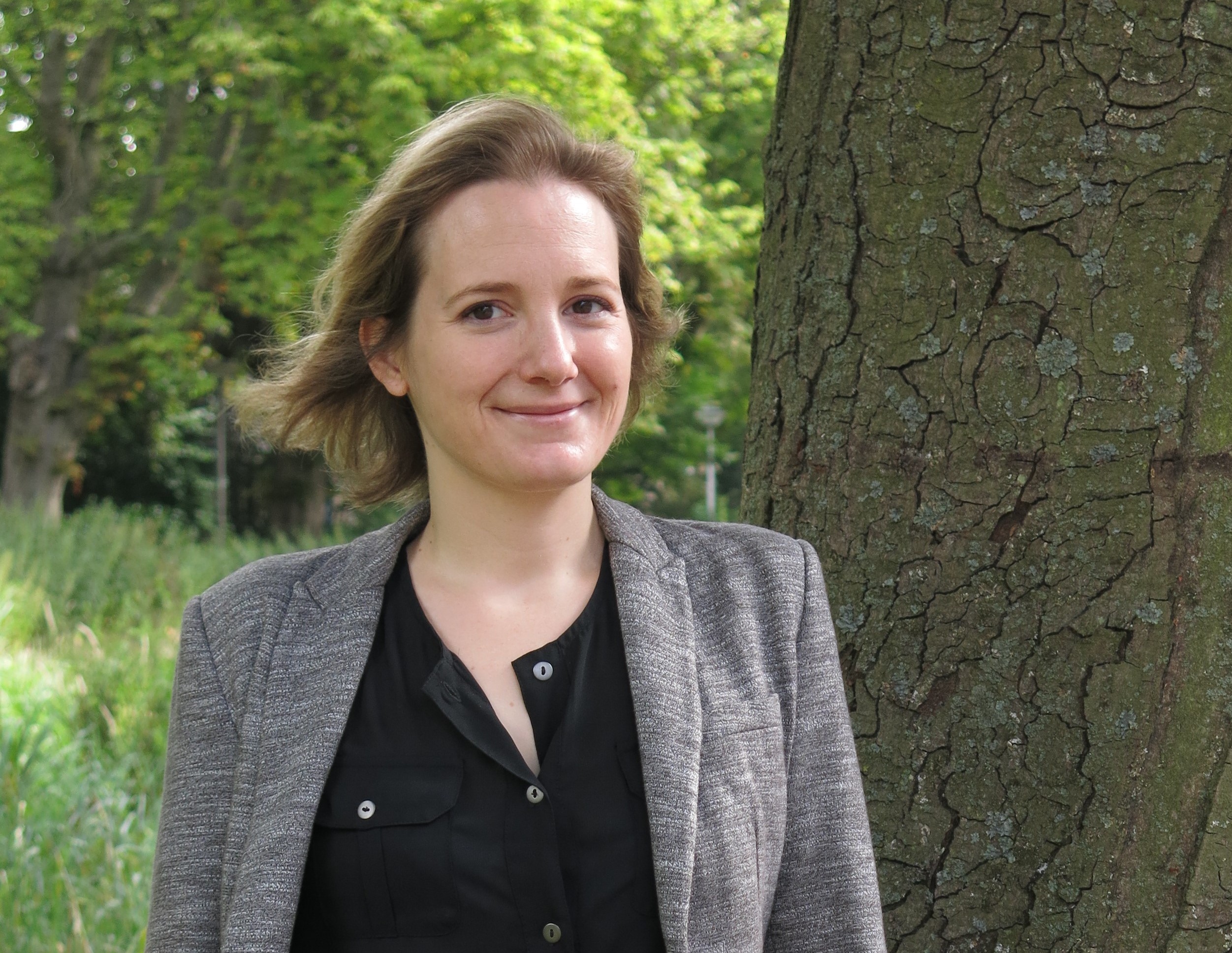“My job takes me into places where there have been either natural or conflict-related disasters. There’s a lot of confusion we get as researchers who go into disaster-affected areas. It can be difficult because you are not there providing food and water. What I’m trying to do is find out how technology can affect the aid process and local communities.
‘It’s impossible to be totally neutral because we are human.’
With natural disasters there is always a sense of hope around rebuilding, but with conflicts there’s a sense of crisis. It’s aid agencies providing Band-Aids. As a researcher you’re supposed to be just a neutral observer, but in a disaster setting there is no such thing as neutral data. It’s impossible to be totally neutral because we are human. It helps that we always work together with others, you should never do this kind of work alone. And you have to be mindful about your own limits.”
Heather Montague



Comments are closed.